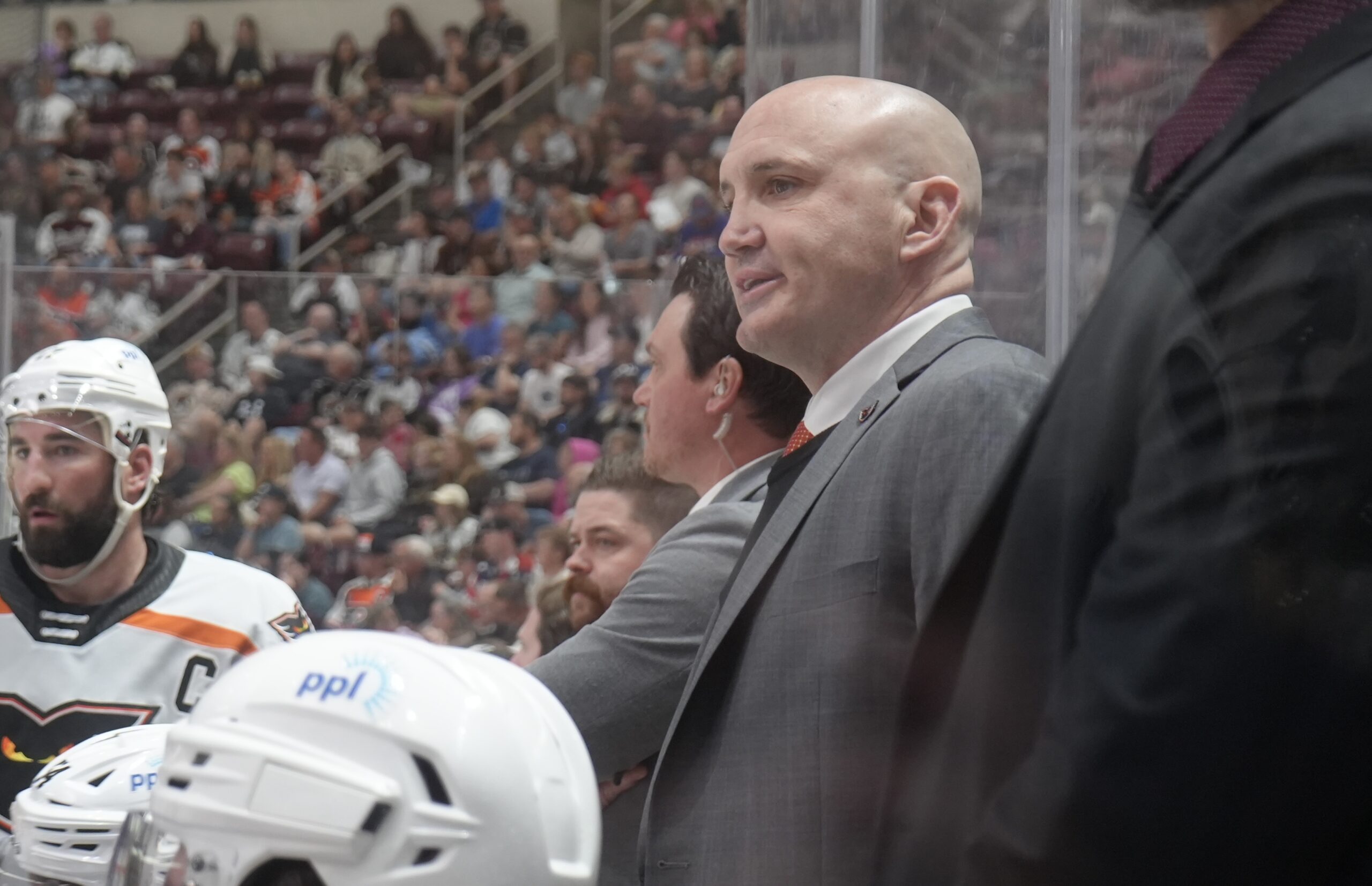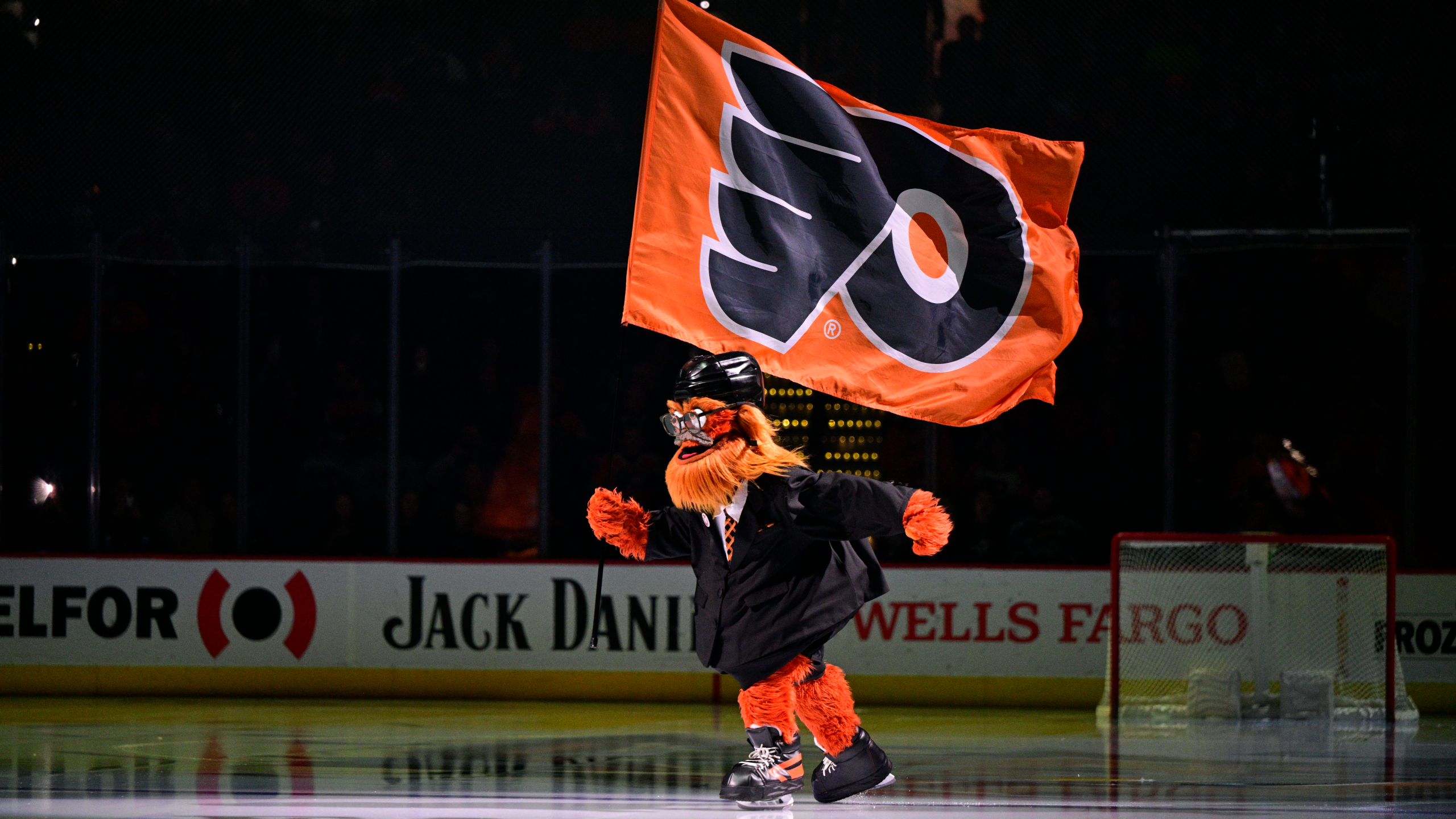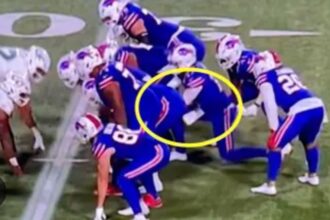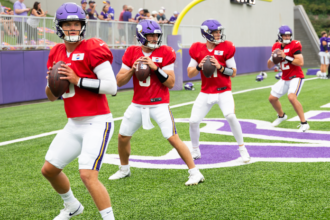Former Philadelphia Flyer Ian Laperriere is back with the organization, joining the front office just a week after being relieved of his head coaching duties with the AHL’s Lehigh Valley Phantoms.
The Flyers announced that Laperriere has been named an advisor to Hockey Operations, a role in which he’ll provide input to both General Manager Danny Brière and President of Hockey Operations Keith Jones.
Exactly what insight Laperriere can provide remains unclear. As a player, he was known more for his grit and selflessness than for finesse or elite hockey instincts. He was a beloved teammate, but not a tactician on the ice.
His tenure as an assistant coach with the Flyers was mixed. Special teams under his watch often underperformed, and he remained on the staff well after many fans had called for a change. While his effort and dedication were never in question, the tangible impact of his coaching was modest.
During his time as head coach of the Phantoms, the team saw average results. While he wasn’t given high-end prospects to work with, his struggles with in-game decisions contributed to the team’s early playoff exit this past spring at the hands of the Hershey Bears.

So what does Laperriere actually offer in this advisory role? Is this just another case of the Flyers taking care of one of their own? Does he have a hidden eye for talent? Could his value lie in being a well-liked figure who helps create a positive culture and attract players?
Laperriere and Brière were once teammates, and he played against Jones during their careers. He’s known as a personable, respected figure in the organization. Still, there’s little evidence at this stage that he’ll make a meaningful impact from a front-office seat.
There’s hope he can grow into the role and become a valuable contributor. Right now, however, it feels more like the Flyers are giving a familiar face a soft landing.
At some point, the organization may need to reflect on the broader implications of repeatedly hiring former players. Could fan dollars, through pricey tickets and merchandise, be indirectly funding these roles? Do corporate ties—like those to Comcast and Xfinity—contribute to increased costs for consumers? It’s tough to say, but that money comes from somewhere.





